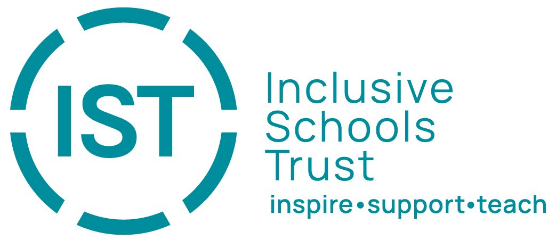What is a Trauma Informed School?
A trauma informed school is one that is able to support children and teenagers who suffer with trauma or mental health problems and whose troubled behaviour acts as a barrier to learning. The training programmes for trauma informed schools were born out of a response to major public health studies that have shown that when children who have suffered several painful life experiences, receive no support, there is a very high chance of them going on to suffer with ill-health. We therefore support schools, communities and other organisations in providing relationships for these children that heal minds, brains and bodies. Key conversational skills in addressing and making sense of what has happened are central to the work as is a major shift in whole school culture.
What does this mean for Drayton and Nightingale?
The lead practitioner at both Drayton Community Infant School and Nightingale Infant and Nursery school is Meg Watling, Assistant Head, who is currently completing the diploma training. In addition, we have several support staff who had previously completed the diploma and other staff who have done shorter versions of the training. Trauma informed approaches are part of a whole school culture and are not an intervention but in fact a school wide approach to supporting children, and adults, who may have experienced trauma.
We believe that all children have the right to an emotionally available adult who can meet them with empathy and help them to make sense of any trauma they have experienced. Helping children to wrap language around emotion and ‘story’ their trauma is central to helping them to move from a place of pain and suffering into a place of healing.
Some examples of what this looks like:
For every child, this means that they are met on the gate each morning and on entering their classroom with a smile, eye contact and where possible, their name.
Staff listen to children’s concerns and respond with ‘WINE’ statements – ‘I wonder…I imagine…I notice….’ and are met with empathy, never judgement. Children are not always offered solutions when these aren’t possible but are met with understanding and helped to make sense of what is upsetting them.
For some children, we might use other strategies such as role play, emotion cards, big empathy drawings or sand trays to help children to talk through their experiences and begin to wrap language around their emotions.
For more information about Trauma Informed practised, please visit the Trauma Informed Schools website at:
www.traumainformedschools.co.uk/home/what-is-a-trauma-informed-school


